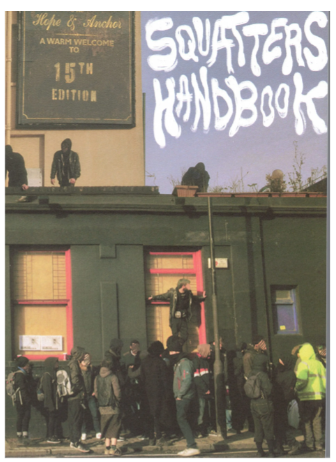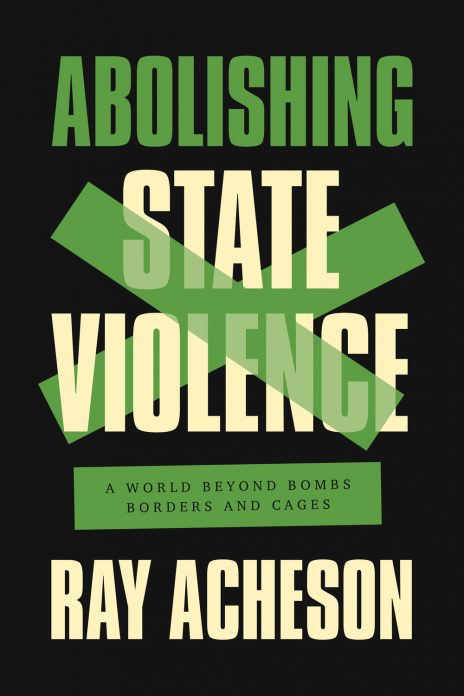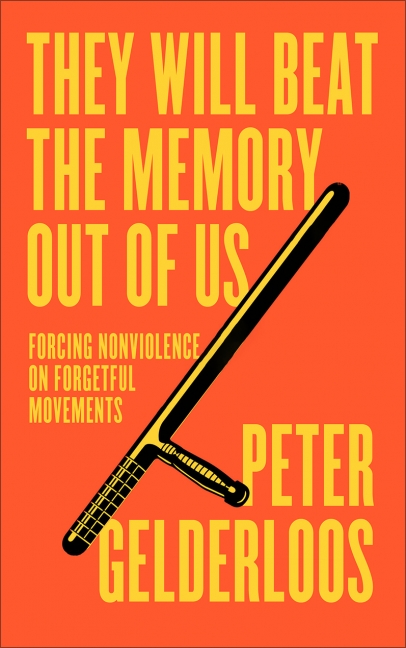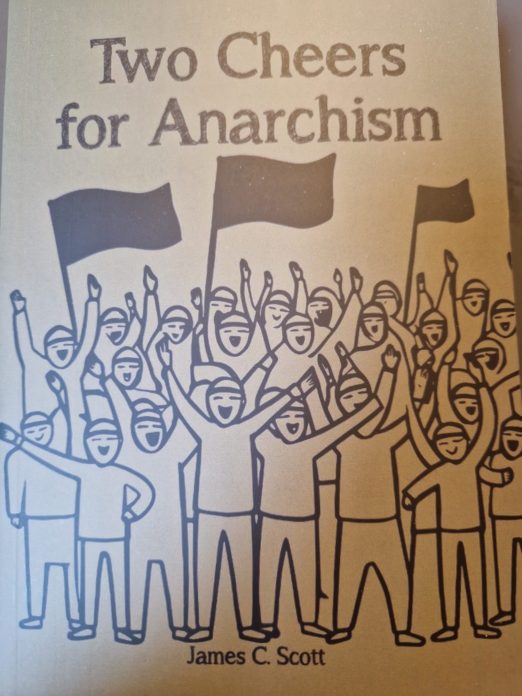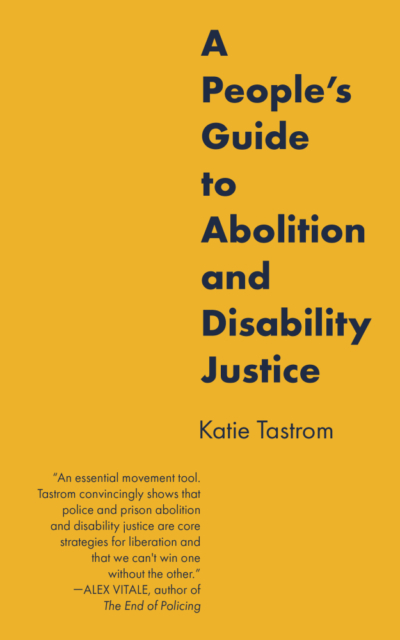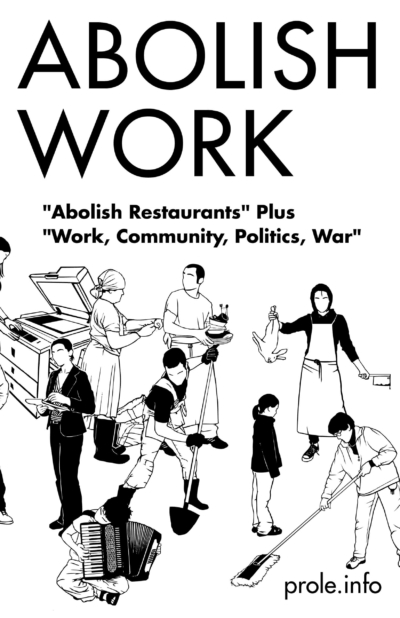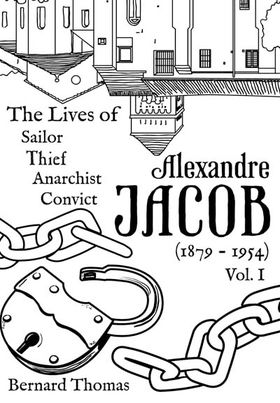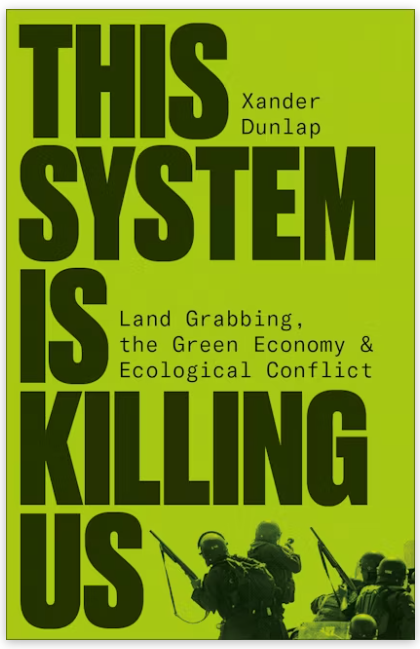American Anarchism
£16.00
An overview of the significant anarchists in the USA.
In stock
Description
American Anarchism by Steve J. Shone is a work of political theory and history that focuses on nineteenth century American Anarchism, together with two European anarchists who influenced some of the Americans.
The nine thinkers discussed are Alexander Berkman, Voltairine de Cleyre, Samuel Fielden, Luigi Galleani, Peter Kropotkin, Lucy Parsons, Max Stirner, William Graham Sumner, and Benjamin Tucker.
What emerges from this engagement is a lucid, compelling, and well grounded argument that ideas drawn from nineteenth century American Anarchism have enduring relevance for those seeking to solve contemporary political problems.
Steve J. Shone’s American Anarchism is a collection of writings on a select number of anarchists who were either active in the United States in the 19th and early 20th centuries or who had a profound influence on anarchist thought in that country during this time period. The author wishes to re-introduce the political thought of anarchist writers such as Benjamin R. Tucker, Voltairine de Cleyre, and others because he believes the anarchist critique of government coupled with a concern for humanity can help American readers in the present imagine an alternative system of government to what currently exists in the United States. According to Shone, the US government is far more concerned with spending money on national security and foreign wars than the welfare of its own citizens. Shone also hopes that this book will act as a bridge between present day anarchists and libertarians who he feels have some natural affinities when it comes to themes like individual liberty.
Steve J. Shone’s American Anarchism begins with promise. The author identifies eight anarchists, most of whom were active in the United States. Each chapter is dedicated to a specific anarchist and provides biographical information and brief summaries of their political thought. Some of the historical figures on whom Shone focuses are well-known while others, such as Lucy Parsons, partner to martyred Haymarket anarchist Albert Parsons, are not as prominent in anarchist history. Shone should be congratulated for his attempt at resuscitating Parsons, Samuel Fielden, and others whose theoretical contributions are largely ignored in histories of anarchism. However, the opportunity to provide us with new insights on these figures is largely squandered. In the chapter on Parsons, for instance, the author spends nine pages getting bogged down in debates surrounding Parsons’ racial background in a chapter twenty-six pages in length. Considering the points this book is trying make, it seems odd to focus so much energy on whether Parsons was Black or Indigenous or a mixture of both. This is information that could have been summarized in one or two sentences with any other key information placed in an endnote. Another issue with the Parsons chapter is how little of her anarchist philosophy is discussed. Shone quotes directly from her husband Albert’s writings almost as often as from Lucy’s and, in one case, uses an Albert Parsons quote to summarize Lucy Parsons’ criticism of institutions. This leaves the reader wondering why Shone chose Lucy Parsons for this book. Much more research is needed here by the author to make a convincing argument that Lucy Parsons had something unique to add to anarchist political philosophy as it developed in the United States.
The book would have benefited tremendously if the author had defined what he meant by the term “American anarchism.” The author focuses on a rather broad cross-section of anarchists. There is the American-born anarchist individualist Benjamin R. Tucker, Michigan’s anarchist feminist Voltairine de Cleyre, the Italian anti-organizationalist anarchist communist Luigi Galleani, and Alexander Berkman, the Jewish anarchist communist from Russia. It would have been useful for Shone to explain how these individuals, and the others in this book, fit into the “American anarchism” rubric. Is there a certain form of anarchism that one could argue developed in the United States and influenced successive generations of anarchists? How does the reader reconcile the fact that some of the anarchists in this book migrated to the United States after engaging in anarchist activism in their home countries and abroad?
Additional information
| Weight | 0.450000 kg |
|---|


